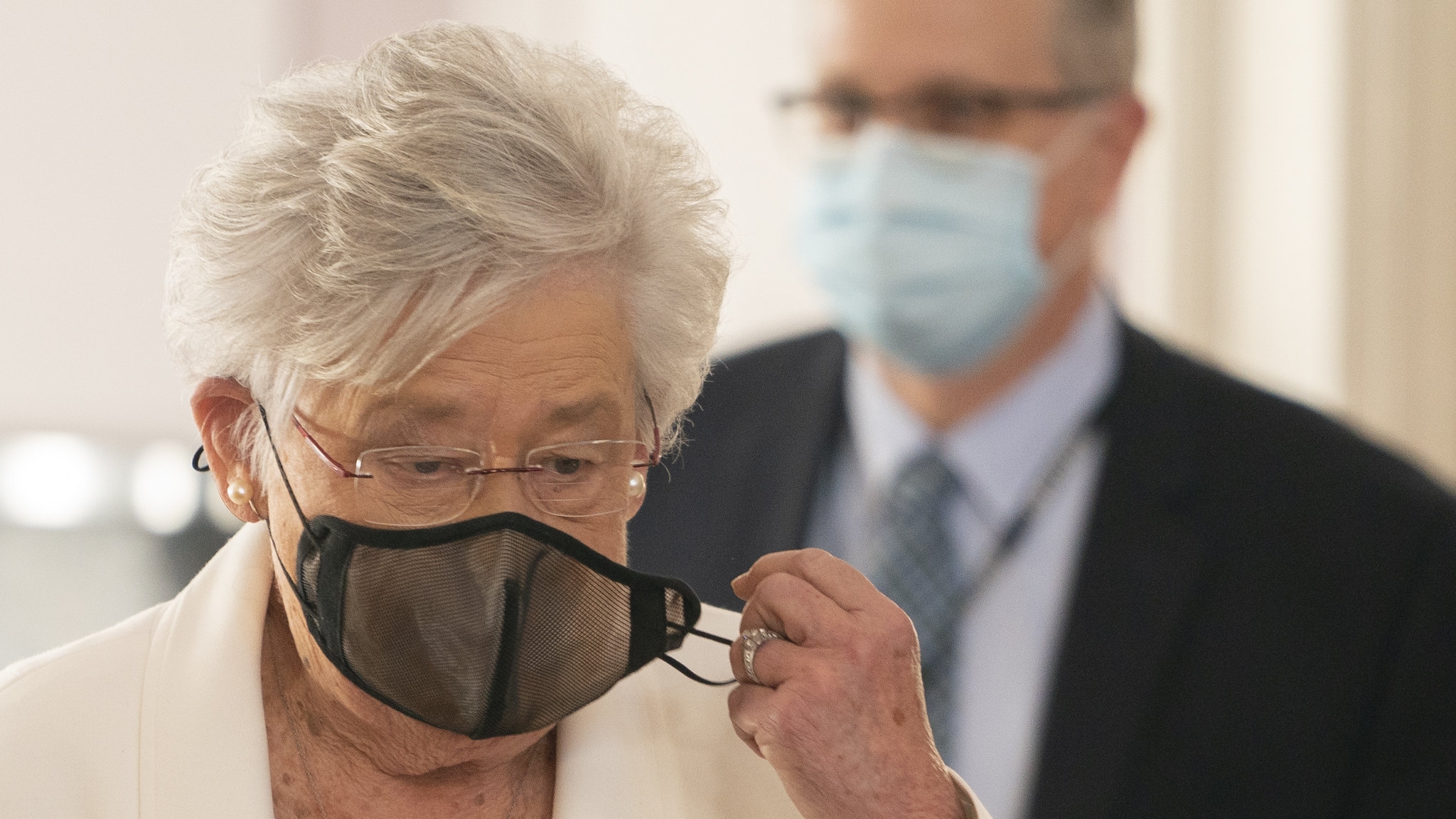The Alabama Senate on Thursday carried over a bill that would limit the governor’s ability to declare a state of emergency after concerns from one senator, who said the bill was “all about business” and not about protecting people from a public health crisis.
The Senate carried over the bill at the request of Sen. Tom Whatley, R-Auburn, who introduced Senate Bill 97. Whatley said the substitute bill was crafted in cooperation with Gov. Kay Ivey’s office, the Alabama House speaker’s office and special interest groups.
Whatley explained that under his bill, a governor could issue a public health emergency for up to 45 days, and in that time must make an attempt to contact the legislative council and inform them of the scope and length of the order.
The governor could extend the order up to 120 days, under the bill, and would then have to call the Legislature back into session to approve of the continued public health emergency.
Whatley said the bill doesn’t limit the governor’s ability to issue a standard state of emergency for any length of time “if it comprises an emergency in less than one-third of the counties in the state,” explaining that a tornado could impact several counties.
Ivey’s first “stay-at-home” order that shuttered some businesses and placed restrictions on others mirrored those of other statewide orders, which prompted swift criticism from some business owners and many Republican legislators concerned over the impact on businesses.
Ivey’s statewide mask mandate, while popular with public health officials, medical experts and others, who credit the order with saving lives, has also drawn criticism from some, including from Alabama Lt. Gov. Will Ainsworth, who has called the mandate an overstep.
Despite the criticism, Ivey on March 4 extended her statewide mask order until April 9, when she said she’ll allow it to expire. As of Thursday at least 10,274 Alabamians have died from COVID-19, according to the Alabama Department of Public Health.
Senate Minority Leader Bobby Singleton, D-Greensboro, voiced concern about the Legislature’s reaction to COVID-19.
“A number of people in this room didn’t believe in it. You wouldn’t wear masks. You wouldn’t do anything else. You talked against vaccinations,” Singleton said on the Senate floor. “If we had to wait on this Legislature, we probably would all be dead.”
Singleton asked why the Legislature would want the responsibility of deciding on such matters “so people can point the finger at us when we don’t do what’s right. Y’all thought about that?”
“When we get down here, and we can’t come to an agreement, and people could be dying over a public health emergency. We can’t even come together some time on roll call around here,” Singleton said. “People didn’t want to wear masks until probably three-fifths of this body caught it. We got herd immunity up in here.”
Singleton explained that he believes the bill is meant to aid business owners by preventing future shutdowns at the risk of the public’s health.
“Trying to satisfy them. This is all this is about. This is not about the people themselves,” Singleton said.
Singleton said he didn’t want to kill Whatley’s bill, but asked that, since they’d just received the substitute bill at the start of the meeting, if Whatley would agree to carry it over at the call of the chair to discuss, and Whatley agreed to do so.
The Senate adjourned a few minutes afterward, without bringing Whatley’s bill back up for consideration.



















































